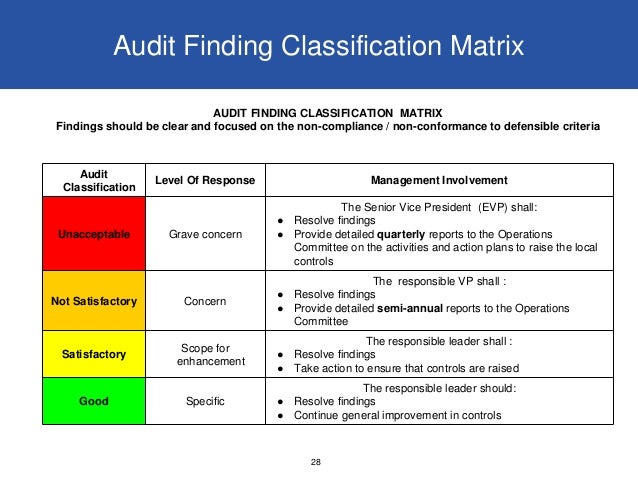
This guidance is applicable whenever an auditor expresses or disclaims an opinion on financial statements.

The Auditing Standards Board (ASB) of the American Institute of Certified Public Accountants (AICPA) has issued guidance on communicating matters related to a government’s internal control over financial reporting identified in an audit of financial statements.

The auditor describes these matters in the auditor’s report unless law or regulation precludes public disclosure about the matter or when, in extremely rare circumstances, the auditor determines that a matter should not be communicated in the auditor’s report because the adverse consequences of doing so would reasonably be expected to outweigh the public interest benefits of such communication. The auditor also provides those charged with governance with a statement that the auditor has complied with relevant ethical requirements regarding independence, and to communicate with them all relationships and other matters that may reasonably be thought to bear on the auditor’s independence, and where applicable, actions taken to eliminate threats or safeguards applied.įrom the matters communicated with those charged with governance, the auditor determines those matters that were of most significance in the audit of the financial statements of the current period and are therefore the key audit matters. The auditor communicates with those charged with governance regarding, among other matters, the planned scope and timing of the audit and significant audit findings, including any significant deficiencies in internal control that the auditor identifies during the audit.

The auditor’s conclusions are based on the audit evidence obtained up to the date of the auditor’s report. If the auditor concludes that a material uncertainty exists, the auditor is required to draw attention in the auditor’s report to the related disclosures in the financial statements or, if such disclosures are inadequate, to modify the auditor’s opinion. Concludes on the appropriateness of the use of the going concern basis of accounting by those charged with governance and, based on the audit evidence obtained, whether a material uncertainty exists related to events or conditions that may cast significant doubt on the entity's ability to continue as a going concern.

Evaluates the appropriateness of accounting policies used and the reasonableness of accounting estimates and related disclosures made by management.Obtains an understanding of internal control relevant to the audit in order to design audit procedures that are appropriate in the circumstances, but not for the purpose of expressing an opinion on the effectiveness of the entity's internal control.The risk of not detecting a material misstatement resulting from fraud is higher than for one resulting from error, as fraud may involve collusion, forgery, intentional omissions, misrepresentations, or the override of internal control. Identifies and assesses the risks of material misstatement of the financial statements, whether due to fraud or error, designs and performs audit procedures responsive to those risks, and obtains audit evidence that is sufficient and appropriate to provide a basis for the auditor’s opinion.
#Material findings audit professional#


 0 kommentar(er)
0 kommentar(er)
